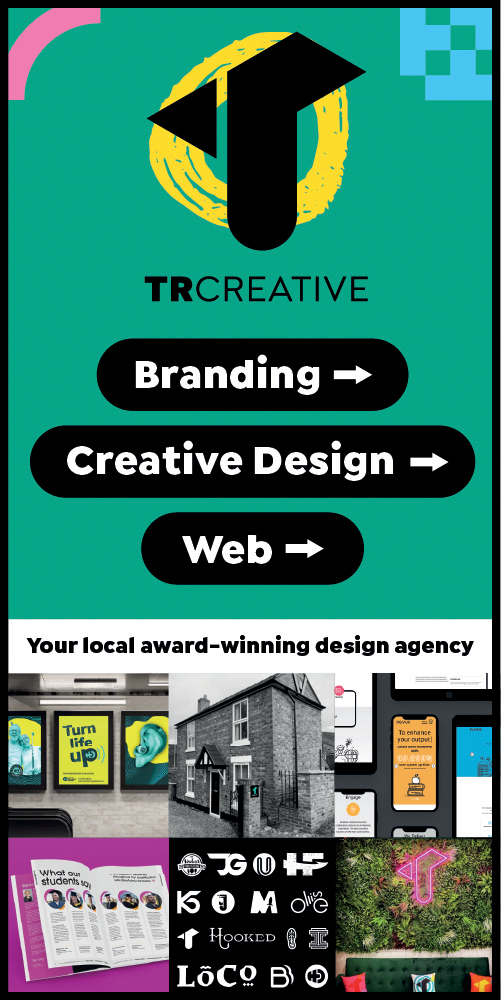
In the modern era, social media platforms have become powerful marketing tools for businesses all over the world.
They offer a way to connect with a vast audience and engage potential customers. It is even possible to now buy Instagram followers with account safety so that these businesses can become a lot more visible to their intended audience.
However, not all social media platforms are created equal when it comes to reaching specific B2C (business-to-consumer) niches.
Some platforms may be better suited for certain industries or target demographics.
Let’s explore the topic further and see if there are any patterns to discover.
Understanding the B2C Landscape
Before we dive into the world of social media, it’s crucial to understand the B2C landscape.
Business-to-consumer marketing revolves around promoting products or services directly to end consumers.
Unlike business-to-business (B2B) marketing, which targets other businesses, B2C marketing aims to captivate individual customers.
So, as you may expect, this kind of marketing requires a more personable touch than traditional B2B marketing, gaining the trust and the intrigue of potential customers.
Social Media as a Marketing Channel
Social media platforms provide an ideal avenue for B2C marketing.
With billions of users worldwide, these platforms offer businesses an opportunity to showcase their products, engage with customers, and build brand awareness.
However, to maximise the impact of social media marketing, it’s essential to choose the right platform for your specific B2C niche.
Facebook: The All-Rounder
When it comes to B2C marketing, Facebook stands as the undisputed champion.
With over 2.96 billion monthly active users, it boasts a diverse user base that spans across various age groups and interests.
Whether you’re selling fashion accessories or fitness equipment, Facebook can be a great starting point.
Its targeting options allow you to reach specific demographics, making it particularly useful for businesses catering to a broad consumer base.
Instagram: Visual Appeal for Lifestyle Brands
If your B2C niche revolves around fashion, beauty, travel, or any visually appealing products, Instagram should be your go-to platform.
As a primarily visual platform, Instagram allows businesses to showcase their products in an aesthetically pleasing manner.
With over 1 billion monthly active users, it’s an ideal place to build a brand persona and connect with consumers who value lifestyle and aesthetics.
Twitter: Real-Time Interaction
Twitter is renowned for its fast-paced nature and real-time engagement.
If your B2C niche involves breaking news, trending topics, or time-sensitive promotions, Twitter can be a valuable platform.
It’s particularly useful for businesses targeting a younger demographic or those in industries like entertainment, technology, sports or iGaming, like 10bet.co.za to cite just one example.
The ability to share bite-sized information, participate in conversations, and utilise hashtags makes Twitter an effective tool for capturing attention and fostering engagement.
LinkedIn: Professional Networking and B2B Crossover
While LinkedIn is primarily known as a professional networking platform, it can also be a valuable asset for B2C marketing.
If your niche involves products or services that cater to professionals, LinkedIn can help you connect with decision-makers and industry influencers.
Additionally, LinkedIn’s advertising options allow you to target specific job titles, industries, or company sizes, making it a powerful tool for B2C brands with a B2B crossover.
Pinterest: Inspiration and Discovery
With its focus on visuals and content curation, Pinterest offers a unique opportunity for B2C niches centred around inspiration and discovery.
If your business revolves around home decor, recipes, DIY projects, or wedding planning, Pinterest is an excellent platform to showcase your products or services.
Users turn to Pinterest for ideas and inspiration, making it an ideal platform to reach motivated consumers who are actively seeking new concepts or products.
Choosing the Right Platform for Your B2C Niche
While the aforementioned social media platforms have their strengths, it’s crucial to conduct thorough research to determine which platform aligns best with your B2C niche.
Consider factors such as your target audience demographics, the nature of your products or services, and the platform’s features and advertising capabilities.
Remember, a successful social media marketing strategy often involves a combination of platforms.
It’s not about choosing just one, but rather creating a cohesive brand presence across multiple platforms that cater to your specific B2C niche.
To sum up; In the realm of B2C marketing, social media platforms play a pivotal role in reaching and engaging with consumers.
While no platform can be deemed “the best” for all B2C niches, certain platforms offer distinct advantages depending on your industry and target audience.
By understanding the strengths and characteristics of each platform, you can make informed decisions and develop a social media strategy that maximises your brand’s visibility and connects with your target consumers.
(Image by Pixabay, licence free)


















Recent Comments